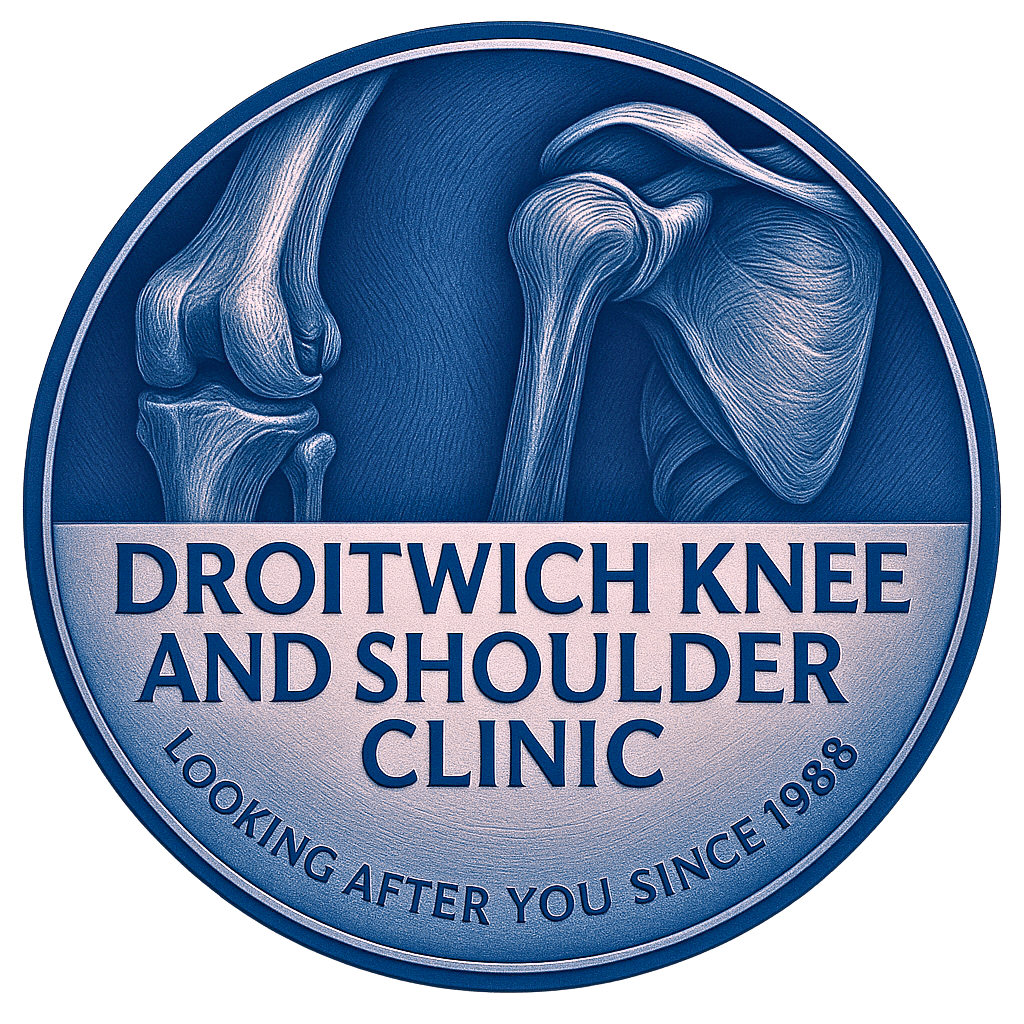After a knee replacement, pain is like an uninvited guest, it shows up first and makes itself way too comfortable. Initially, patients feel the most discomfort for the first few days as their bodies adjust to the whole ordeal of surgery. However, around one to two weeks in, things start to ease up with some level of discomfort still hanging about. By six weeks, many are up and about without much fuss. The party really winds down by three months when pain is minimal for most, though some may experience lingering twinges now and then. Remember everyone’s journey varies, some factors like prior health issues or a complex operation can influence this timeline considerably!
Table of Contents
- Initial Pain Levels After Knee Replacement
- Pain Timeline for Recovery
- Long-Term Recovery Expectations
- Factors Influencing Pain Duration
- Types of Pain Experienced Post-Surgery
- Effective Pain Management Strategies
- When to Seek Medical Attention
- Additional Insights for a Smooth Recovery
- Droitwich Knee Clinic: Your Trusted Partner in Recovery
- Frequently Asked Questions

